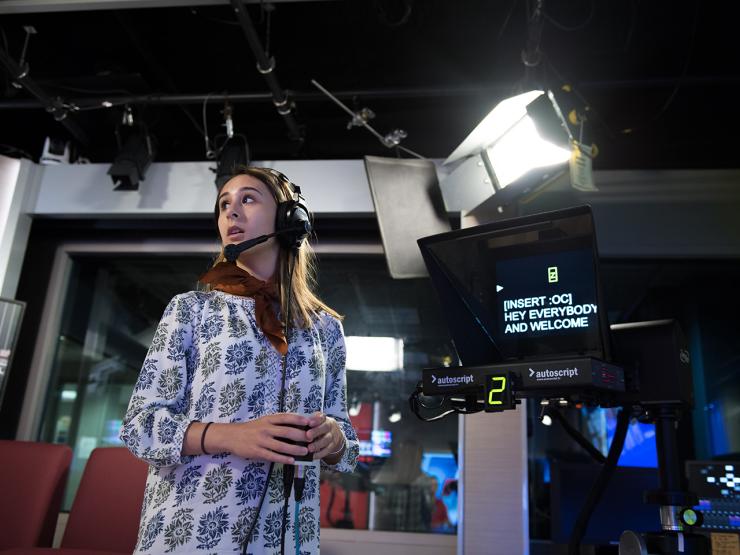Pre-College Programs at Emerson College
Emerson College will not be offering Pre-College programs in Summer 2025 as we take time to reimagine and strengthen these offerings. We are using this year to thoughtfully prepare for an exciting relaunch in Summer 2026 that reflects the creativity, rigor, and immersive experience that define Emerson.
Check back here for updates, and be sure to join our mailing list to receive information about application dates, program offerings, and more.
We look forward to sharing more details about our future programming soon!
